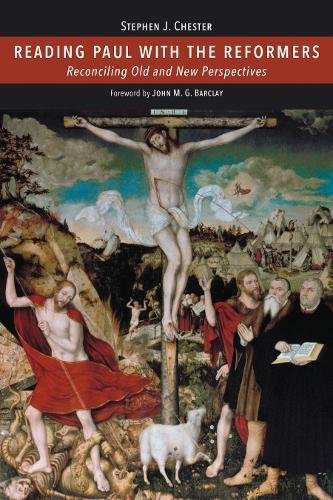Ben. Calvin has always struck me as the most exegetically grounded and systematically clear of these three Reformers, however much I might differ from him on this and that. In some cases, he appears to be cleaning up some of the mess Luther left behind because he wasn’t consistent. At the end of the day, what do you see Calvin really adding to the conversation about justification, Christ’s righteousness, sanctification, the free will of human beings that we have not already heard from Luther and Melanchthon?
Stephen. I find Luther unsystematic and sprawling, but actually surprisingly consistent in the way in which he applies his central theological convictions to whatever issue happens to be at hand. I suspect that we disagree quite significantly here in our readings of Luther. That said, I do think it is interesting that Calvin belongs to the next generation and is significantly younger than Luther. By the time he writes Calvin can have to hand the work of several important Protestant interpreters of Paul and he can review them all and think out his own position in a way that seeks to incorporate what he regards as the best insights of his predecessors while correcting their mistakes. His style is also very different from that of Luther, whose “commentaries” are in fact classroom lectures and who also perfected the genre of the short, controversial tract for the times. In contrast Calvin pours much of his detailed reflection on theological topics and themes into the Institutes leaving him free to offer concise exegetical reflections in his commentaries. I think that Calvin’s biggest contribution (whether one regards it as entirely exegetically correct or not) is to distinguish between justification and sanctification as the principal saving benefits of Christ but to position them jointly as benefits simultaneously received in union with Christ. In making a clear distinction between justification and sanctification, and in making extensive use of forensic imagery to describe justification, Calvin is similar to Melanchthon. However, in integrating his understanding of justification by faith with union with Christ, Calvin is much more like Luther.













